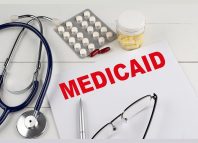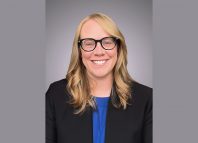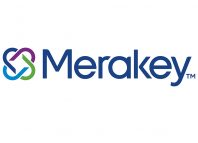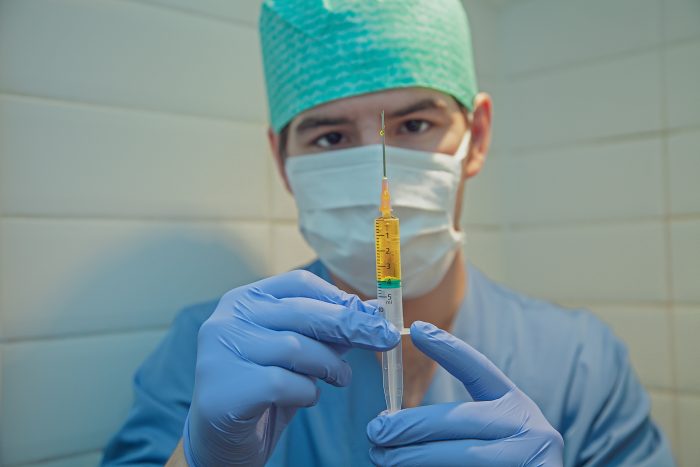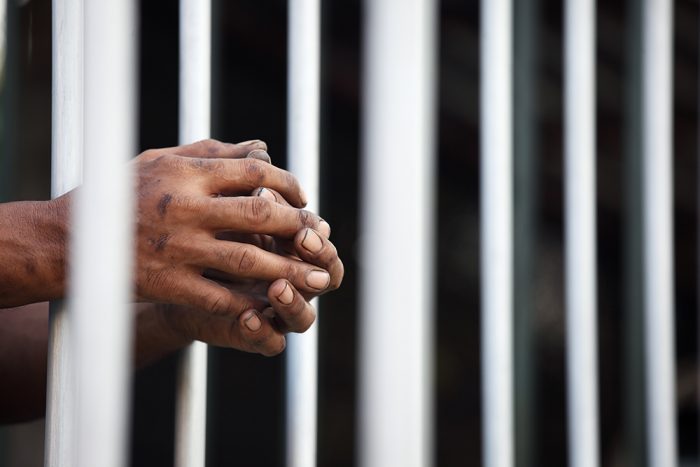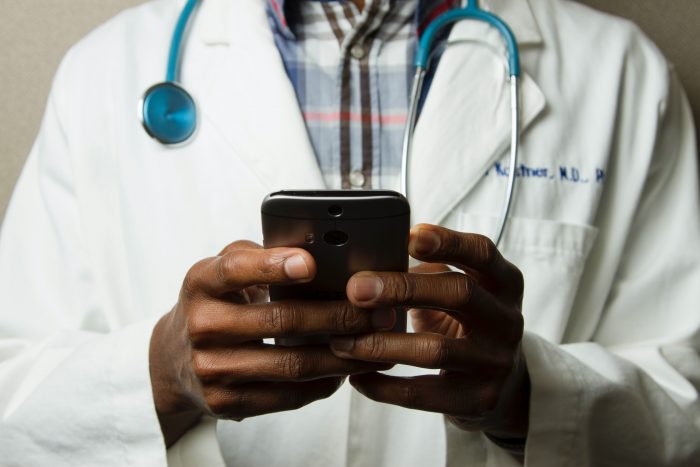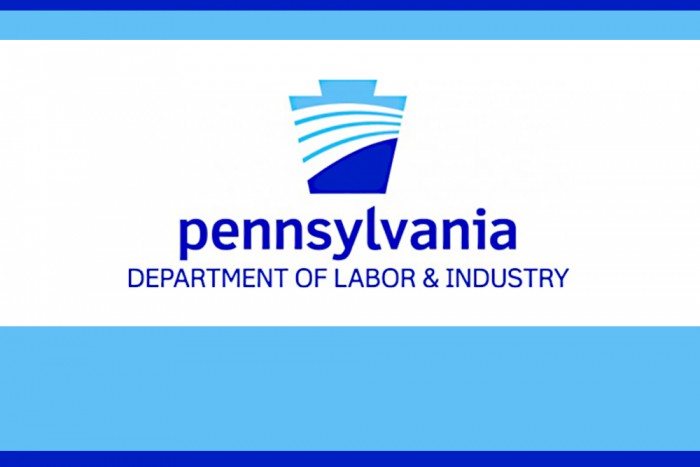As announced last week, the COVID-19 pandemic-related Department of Human Services (DHS) Regulatory Suspensions are set to expire on September 30, 2021. RCPA has fielded numerous inquiries as to the ongoing status of telehealth and the implications to the pending end of the regulatory suspensions. The following is a review of this status.
PA Perspective
In February 2020, DHS and the Office of Mental Health and Substance Abuse Services (OMHSAS) released an updated Telehealth Bulletin in advance of the pandemic and updated it again in March 2020 with additional flexibilities and guidelines for the use of telehealth. That bulletin is separate and apart from the regulatory suspension standards with the exception of the following:
- The signatory responsibility for telehealth encounters;
- Audio/telephonic only telehealth for Outpatient Behavioral Health services; and
- Audio/telephonic only telehealth for Drug and Alcohol services.
There currently is no Pennsylvania State statute prohibiting the use of telehealth/telemedicine. However, the ending of the regulatory suspensions would specifically affect those three service operations mentioned above.
PA Telehealth Bulletin
Since June of 2020, a statewide Group of Stakeholders, including RCPA, has been engaged in the development of an updated PA DHS/OMHSAS Telehealth Bulletin. This group developed a set of recommendations for operating standards and practices for telehealth in PA.
In our ongoing work and partnership with OMHSAS, we expect the PA Telehealth Bulletin to be released in advance of the Regulatory Suspension end date of September 30, 2021. It is our further expectation that the bulletin will reflect the recommendations of the PA Telehealth Steering Committee and the many operating efficiencies and practices that have been implemented during the last 18 months, including a pathway for audio only communication allowances. This referenced bulletin will only be for OMHSAS-licensed agencies, and we have been informed that other DHS divisions will subsequently release their own telehealth guidelines.
PA Telehealth Legislation
Currently in the PA State House and Senate, there are also two compatible telehealth bills that have been drafted. RCPA has been working with the legislators on the impacts of House Bill 1573 and Senate Bill 705. The bills essentially address many of the current practices of telehealth, including audio-only, but many of the current flexibilities have not been adequately addressed. RCPA continues its work in both the House and Senate on language and practices that ensure parity, equity, and access should this legislation continue through its process.
Federal Telehealth
There are more than 100 telehealth-related bills that have been introduced in this 117th Congress, and many capture the needed flexibilities that ensure best practices and access to services for practitioners and consumers. The Center for Medicaid and Medicare Services (CMS) as well as the Office of Civil Rights and Compliance are reviewing these standards, including the use of audio/telephonic only telehealth delivery. RCPA continues to advocate through our State and Federal Legislators and the National Council of Wellbeing on any pending telehealth legislation.
If you have questions of feedback, please contact RCPA Children’s Director Jim Sharp or your RCPA Policy Director.




